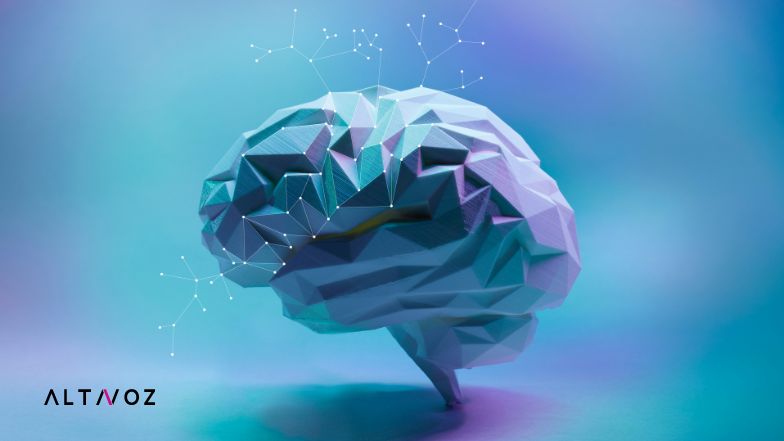Artificial intelligence (AI) is changing the game in the marketing world, especially in audience segmentation. In an environment where personalization has become an expectation, not a luxury, companies that fail to leverage this technology risk falling behind.
According to a McKinsey study, companies that implement effective segmentation strategies can increase their revenue by up to 10% and reduce marketing costs by 15%.
Traditionally, segmentation was based on basic demographic criteria such as age, gender, and location. However, these approaches often prove limited and ineffective. AI has the ability to analyze large volumes of data in real time, identifying patterns and behaviors that would be difficult to detect manually. Tools like Google Analytics and Facebook Ads use AI algorithms to segment audiences based on online behaviors, interests, and demographic data, allowing advertisers to personalize their messages more effectively. For example, the cosmetics brand Estée Lauder implemented an AI-driven segmentation strategy that allowed it to identify its most loyal consumers and understand their preferences, resulting in a 30% increase in sales in just one quarter.
Predictive analysis is a powerful tool for optimizing campaigns. Using predictive models, consumer behavior can be anticipated, and campaigns can be adjusted in real time, ensuring that messages are relevant and timely. Platforms like Salesforce Einstein facilitate this process. Additionally, dynamic personalization allows ad content to adjust based on user interaction. If a customer shows interest in specific products, the system can display personalized ads highlighting those items.
Another key strategy is automating A/B testing. By allowing AI to conduct these tests automatically, it is possible to identify which versions of ads are most effective, optimizing results without wasting time. Behavioral segmentation, which goes beyond demographic data, is also crucial. Analyzing how users interact with a specific website and social media will enable the creation of more precise and targeted segments.
Multichannel integration is equally vital. Ensure that your campaigns are consistent across all channels, using AI to coordinate messages and offers. This guarantees that consumers have a seamless experience, regardless of how they interact with your brand.
To take a strategy to the next level, it’s important to implement intelligent chatbots that not only respond to questions but also gather data on user preferences. This information can be invaluable for future segmentations. Likewise, sentiment analysis makes it possible to understand how the audience feels about a brand, helping to adjust messages and improve segmentation.
Investing in platforms that offer data visualization will make it easier to understand patterns and trends in consumer behavior, allowing for more informed decision-making. Artificial intelligence is not just a tool; it’s an opportunity to revolutionize how brands connect with their audiences.
AI is transforming audience segmentation and offering unprecedented opportunities to optimize advertising campaigns. Adopting AI-driven strategies will not only increase your brand’s relevance in the market but also improve your return on investment. For marketing and product managers, staying ahead of these technologies is crucial. Implementing these innovative ideas will not only attract more customers but also position your company as a leader in an increasingly competitive market.






